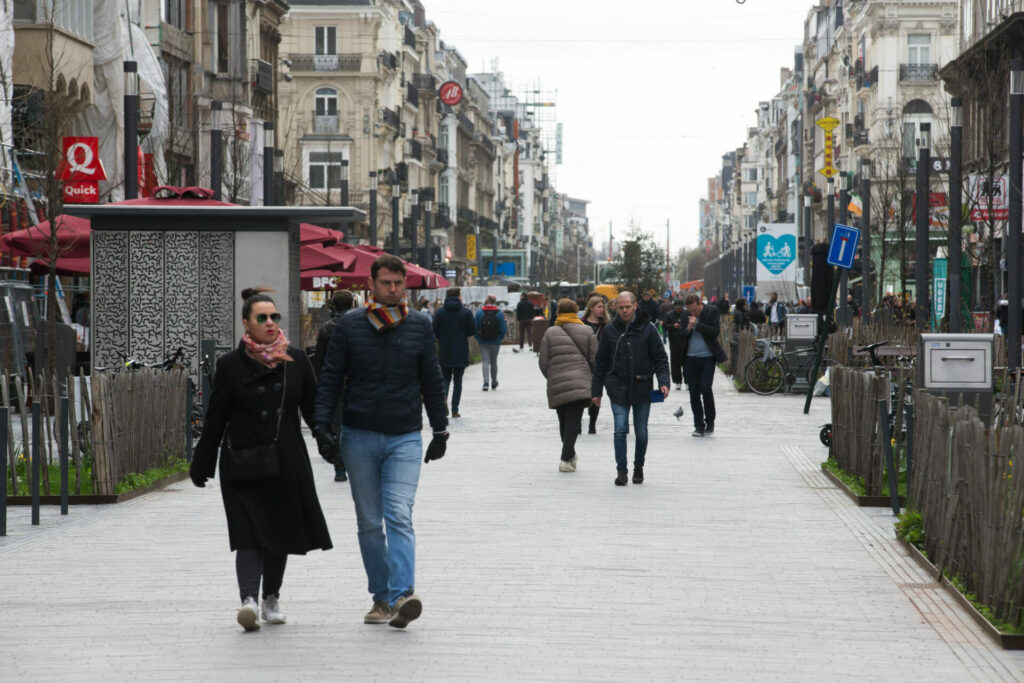Cities in Belgium have not done enough to dedicate space to active mobility, a comparative study done by the Clean Cities Campaign showed on Thursday.
Clean Cities is a coalition of European NGOs that aims to encourage cities to move to zero-emission mobility by 2030. It tested 36 European cities, giving each a score based on their efforts to promote clean, active and shared mobility to achieve zero-emission mobility by 2030. Each city received rankings for individual factors as well as an overall score.
Of the Belgian cities tested, Ghent came in 7th place with an overall score of 58,7%. Brussels, on the other hand, scored 57%, but only a 40% when it came to space for pedestrians. Liège received the worst score of the Belgian cities, scoring 49,7% in 22nd place.
Norway's capital Oslo came in first place with an overall score of 71,5%, followed by Amsterdam (65,5%) and Helsinki (64,2%).
Belgium's plans for increased mobility
Brussels' score "is explained by too much congestion and too little space for cycling and walking. In terms of congestion, Brussels is among the worst European cities in the ranking (30 out of 36)," reads the Clean Cities press release.
Researchers put Liège's low ranking down to the "lack of a policy to move away from the combustion engine, poor air quality and too little space dedicated to active mobility."
Related News
- Anderlecht’s plan for car-free neighbourhoods
- ‘We can’t dominate nature’: As politicians bicker, the public's attitude towards nuclear energy has shifted
"The air quality measurement network recently put in place (2021) and the implementation of the recommendations of the Urban Mobility Plan in terms of active modes and public transport on the other hand should enable Liège to improve its score in the coming years," said Pierre Courbe, Mobility Officer at Inter-Environment Wallonia.
Brussels has been taking steps to increase public mobility by creating car-free zones. Much of the inner city will be car-free beginning in August, which may help to increase Brussels' mobility rankings in the future.

